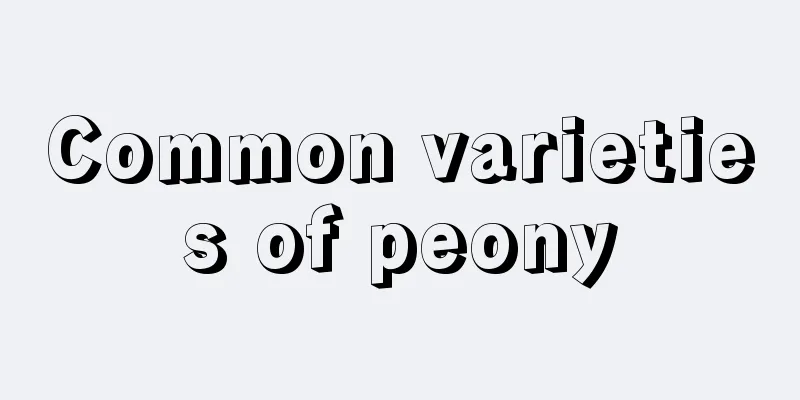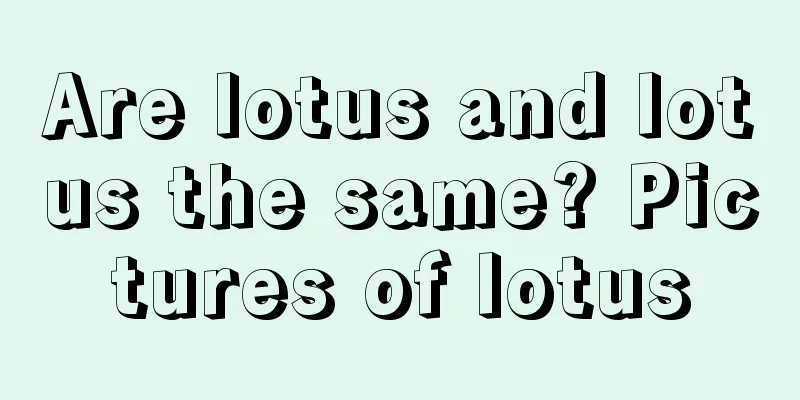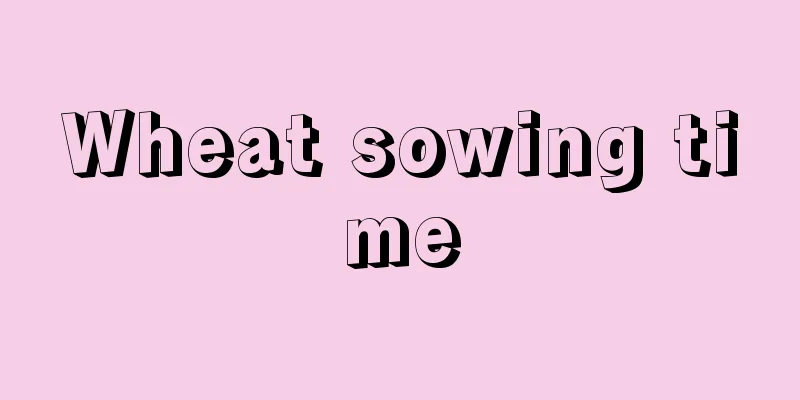Common varieties of peony

Single-flowered varieties of peonyMelaleucaThe petals increase naturally in a centripetal manner, are arranged neatly, have similar shapes, gradually become smaller from the outside to the inside, and the flower shape is flat. Single flap typeThis is a native variety of peony, with 2 to 3 rounds of relatively broad petals, and normally developed stamens and pistils, making it a hermaphrodite. Lotus typeThere are 4 to 5 rounds of petals, which are broad in shape. The stamens may be petalized into broken petals, while the pistils are normal. Chrysanthemum typeThere are more than 6 petals, which gradually become smaller from the outside to the inside. The stamens and pistils are normal, but the number of stamens is relatively small. Rose TypeThere are many petals, which gradually become smaller from the outside to the inside. The pistil is normal and the stamens have disappeared. Building subclassThe outer petals are relatively large, and the stamens are centrifugally distributed. The flower shape is relatively obvious, and the flower shape is raised or towering. Golden core typeThe outer petals are relatively wide, with 2 to 3 rounds of petals. During the growth period, the stamens will become larger, the filaments will become thicker, and the stamens will appear golden yellow. Togui typeThe outer petals are wide, with 2 to 3 whorls. The stamens will gradually transform into whisker-like petals, gradually increasing in size from the outside to the inside. Gold RingThe outer petals are broad, in 2 to 3 whorls, and the stamens are mostly petalized and towering, with a circle of stamens remaining on the outer circle of the stamens. Crown TypeThe outer petals are broad and flat, 2 to 3 whorls, and there are many whisker-like petals, needle-like petals, lanceolate petals or some small broken petals next to the outer petals. There are a small number of stamens in the center of the petals, which will gradually become smaller as they degenerate. Hydrangea typeThe embroidery peony flowers are plumper and shaped like hydrangeas. There are very few stamens in the center, and the pistils are not very eye-catching and will gradually degenerate. Peony varietiesColorful petal pavilion typeGenerally, the petals are two colors, the middle color is lighter, and the petals below are more brightly colored. Layered terrace typeThe pistil of the flower below becomes the same as a normal petal, but the stamen in the center is smaller than a normal petal. The whole flower has a distinct layered structure. Ball flower pavilion typeThe stamens at the bottom are elongated to form petals, and the pistils are also transformed into petals, making the whole flower look fuller. |
<<: Platycodon cultivation methods and precautions
>>: How to cultivate Aspidistra
Recommend
When is the best time to sow yellow cabbage? Sowing time and method
Yellow cabbage sowing time Yellow heart cabbage i...
How to grow lotus bamboo in water
1. Breeding conditions 1. Water quality Hydroponi...
Plant Culture of Onion
Folk customs It is said among the people that eve...
The efficacy and function of purple leaf sorrel
effect The efficacy of purple-leafed Oxalis is ma...
Is it difficult for pearl spider plants to survive in winter? Master these three points and spend the winter safely!
1. Temperature The first thing to pay attention t...
The difference between green pepper and red pepper
1. Differences There is no essential difference b...
In my first half of life, I made money - bought flowers - raised them to death, then made money again - bought flowers - raised them to death...
Azalea When Huahua was very young, I remember it ...
How to care for hyacinth in winter
Is hyacinth afraid of cold? The suitable temperat...
How to grow ginseng ficus to make it flourish
Ficus Ginseng Growing Conditions Ginseng banyan t...
How to make cucumber seeds germinate faster? How long does it take for seeds to germinate?
If cucumber seeds are sown at a temperature of 30...
How to make orchids sprout more and what fertilizer to use
1. Suitable planting material When cultivating or...
What are the cultivation methods and precautions for jasmine in winter? What are the winter maintenance methods?
When growing jasmine in winter, be careful not to...
Kumquat grafting time
1. Grafting time The grafting time requirements a...
How many bolls does a cotton plant produce (how to grow more bolls per cotton plant)
Number of bolls per cotton plant In layman's ...
What is moss
Introduction to Moss Moss likes a humid environme...









